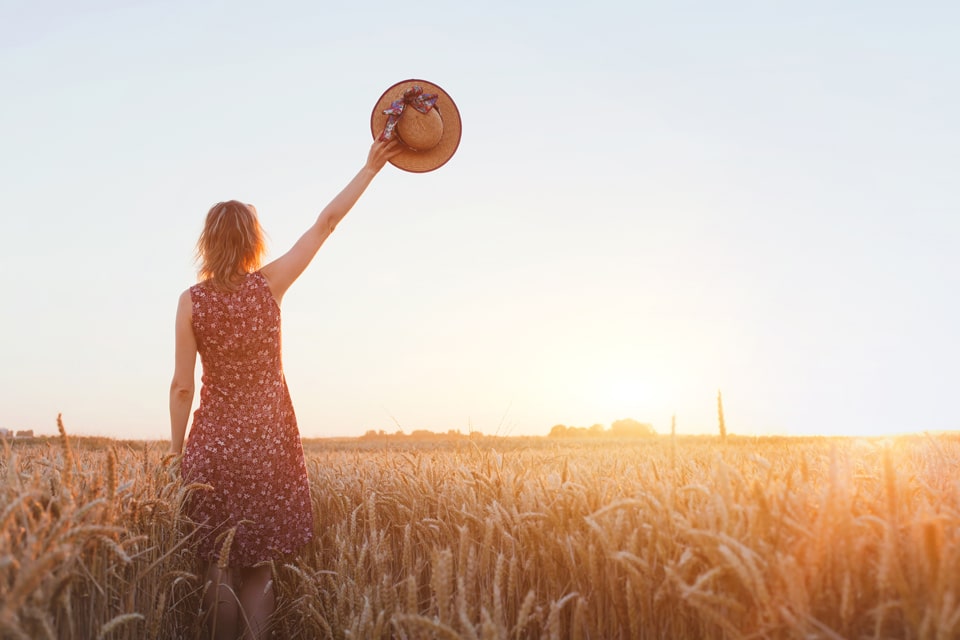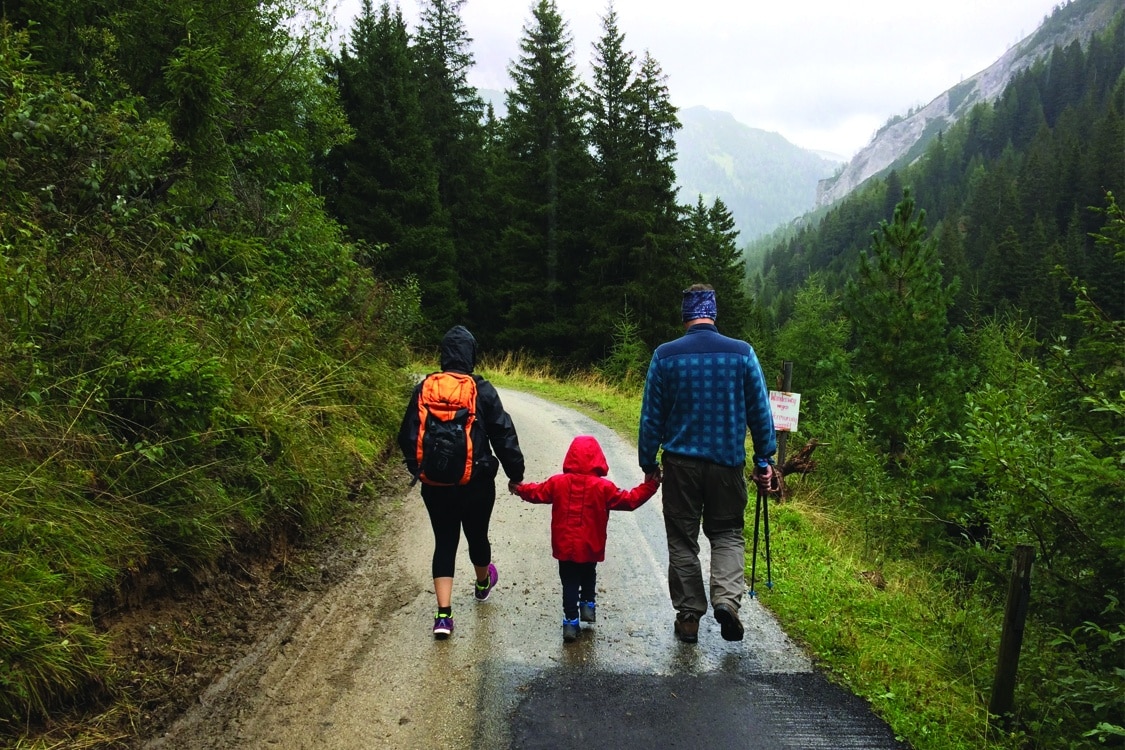The last time I drank alcohol was 1 year and 1 month ago.
Why was it so easy to give up drinking?
I can honestly say that there was no decision made to ‘stop drinking’. I simply didn’t have an urge to drink in the months that followed that last drink, and before I knew it, a year had past. Had I told myself back then ‘I’m not drinking for a year’, I probably would have been more likely to do the opposite. Instead, I stayed open to the possibility that I may have a drink if I wanted one in the moment. But I haven’t … yet.
Healthy replacements
When I reflect back on the last year and even the year before that, where I only drank alcohol on a couple of occasions, I see that in this time I had spent most of my weekends on courses learning about how we as human beings run our minds, about how we engage in thinking patterns, and completing my training in human development. Could it be that I have replaced my nights out with this new passion for understanding human behaviour? It seems so.
What I can see now is the more I learn about people and myself, the more I can see the distraction alcohol can provide from ‘reality’. I now no longer need to be distracted, as I am able to understand the impact that our thoughts can have, and the freedom that comes with that. I feel that we are often confusing our ‘constructed thoughts’ with what is real, and too often that results in giving ourselves a hard time.
Setting ourselves up for failure
When we tell ourselves we ‘shouldn’t’ or ‘must not’ do something, we are often more likely to engage in exactly that behaviour. And then if we do ‘fail’ in the goals we’ve set for ourselves, we struggle, judge ourselves, beat ourselves up over this. We feel disappointed or even angry in ourselves for this ‘failure’. We can spend hours, days, weeks feeling this way and as a result, keep repeating unhealthy patterns.
Be kinder to yourself
The less we impose rules on ourselves, the less we beat ourselves up over things, the more likely we are to live as the healthy human beings we want to be! The mind, and how we talk to ourselves, is often the cause of unhealthy cycles, more so than that glass of wine, piece of chocolate, big weekender or shopping spree!
So, can you give yourself a break, be kinder to yourself in those times where you were previously hard on yourself over something? What would that look like for you?
I made a choice in every moment over the last year not to drink alcohol, just as there may be a choice in another moment where I do drink. I am not resisting either as a possibility and I don’t burden myself with unhelpful thoughts anymore around what I ‘should’ be doing in any area of my life. Doing so would keep me stuck in a self-perpetuating cycle.
It’s not always easy to break these habitual patterns, but it is very possible with patience and, if necessary, help from others. Sometimes we can’t see the forest for the trees, so I encourage anyone reading this to reach out for help if you are struggling yourself. You are never alone!
Anita Tomecki






